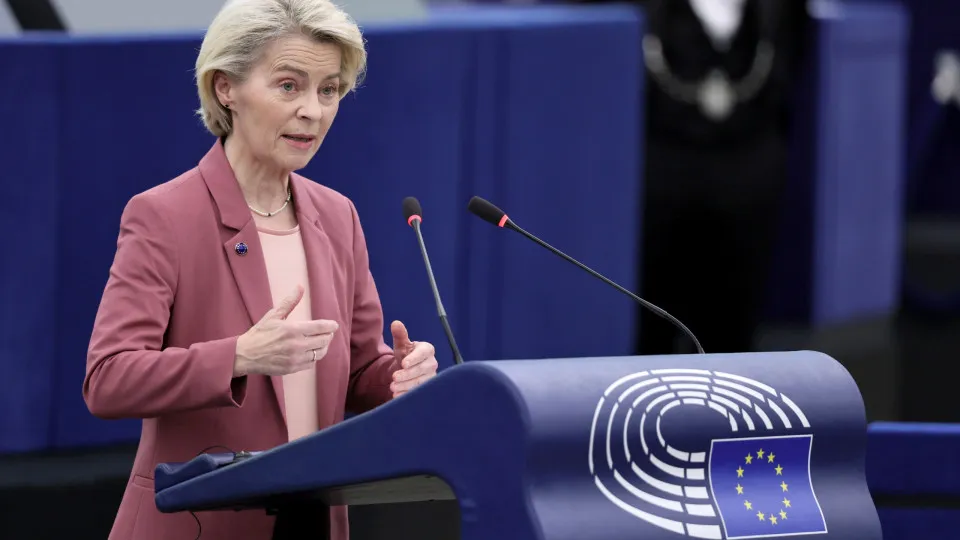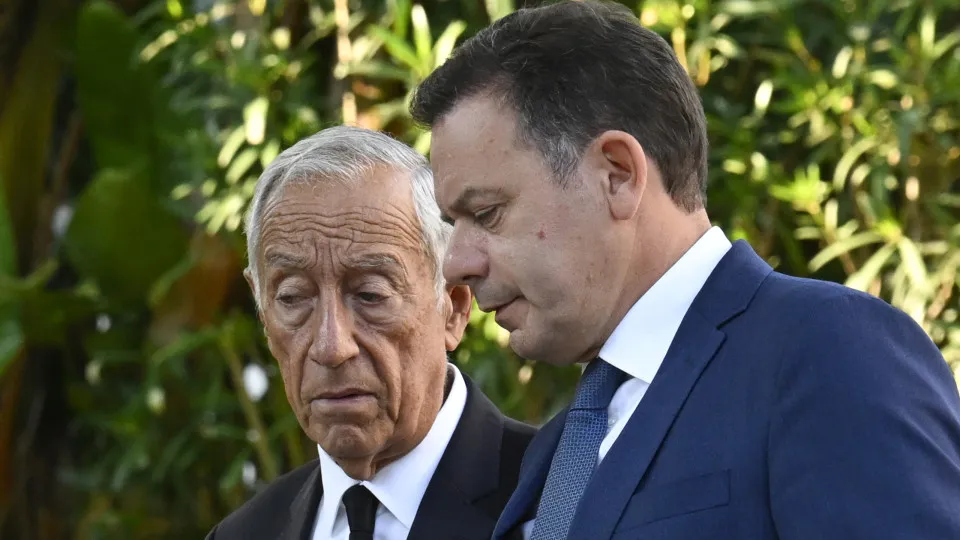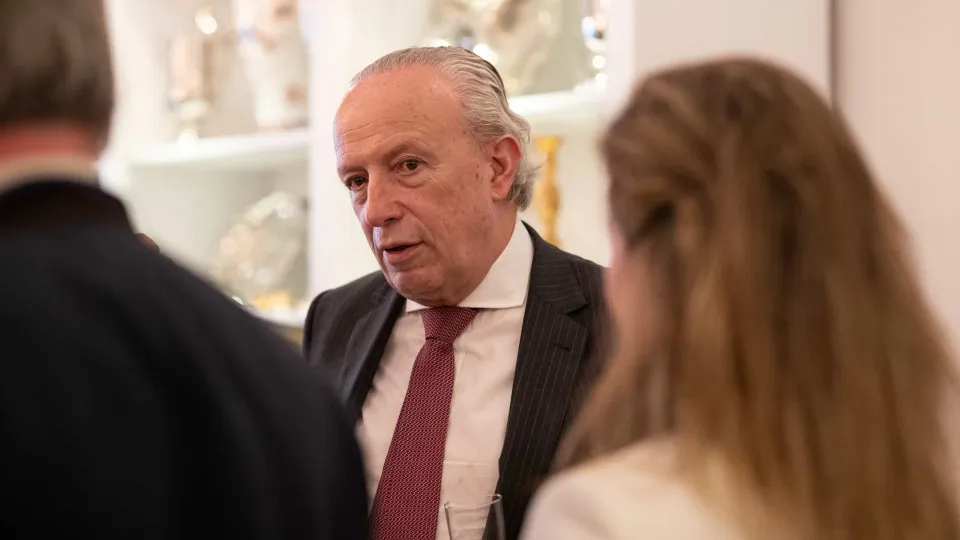
“Others are not standing still: China exports nearly twice as much clean technology as we do, and this poses a risk of pushing our industries out of strategic markets, including our own. We cannot afford to fall into new and dangerous dependencies,” stated Ursula von der Leyen during a debate at the European Parliament’s plenary session in the French city of Strasbourg.
In a discussion ahead of Thursday’s European Council meeting, the leader of the European Commission noted, “In recent years, we have all witnessed what happens when a single country gains control over the supply of an essential product or technology.”
“At any moment, these dependencies can become instruments of pressure [because] export restrictions can be imposed overnight,” leading to “supply routes being disrupted,” she added.
Referencing recent Chinese announcements, Ursula von der Leyen warned that “factories here in Europe might be compelled to slow down or even shut down.”
For this reason, she urged the EU to be “very vigilant” and to “control the technologies that will shape our future,” particularly regarding critical raw materials.
Ursula von der Leyen expressed her readiness to propose additional measures to ensure Europe’s economic security and supported, as already proposed, a “made in Europe” criterion for public contracts.
The European Commission reported concerns from the European Union (EU) industry, especially the automotive sector, about the tightening of export controls on rare earths by China, which could affect supply chains, as it remains in contact with Chinese authorities.
Two weeks ago, China announced new restrictions on the export of rare earths, extending control to another five elements — holmium, erbium, thulium, europium, and ytterbium — raising the total number of metals under supervision to twelve.
The measures impose mandatory licenses not only for the export of materials but also for associated technologies and services such as smelting, recycling, and the manufacture of magnetic alloys.
The Chinese government justifies these actions on national security grounds, asserting that rare earths have civilian and military uses and prohibits exports intended for sensitive sectors or entities under sanction.
Some of the rules have already come into effect, while the rest will be applied starting December 1, 2025, including controls over foreign products containing Chinese-origin rare earths.
These measures reinforce China’s role as a dominant power in the global market for critical materials, raising concerns about international dependency and potential geopolitical repercussions.




